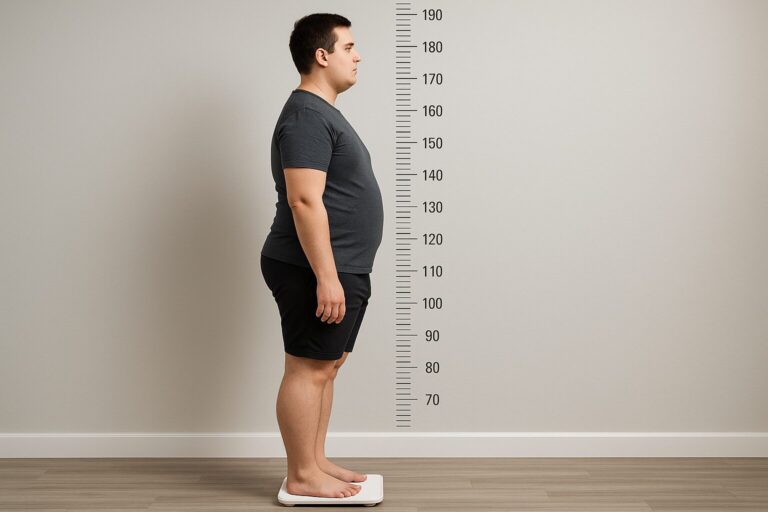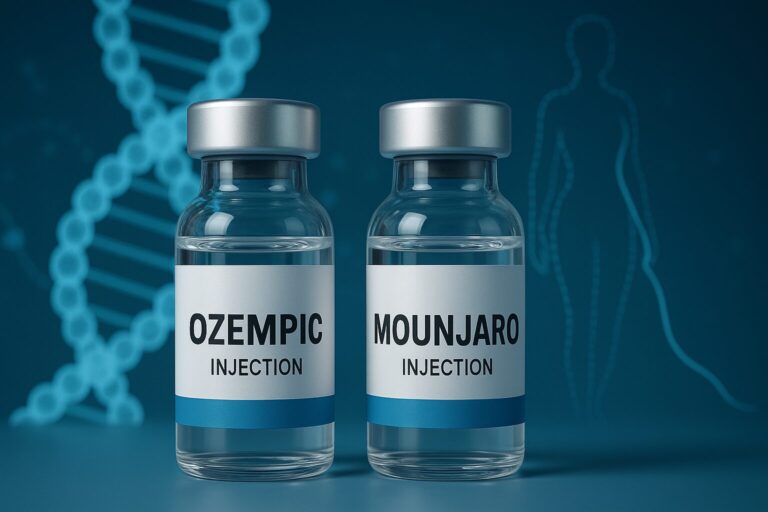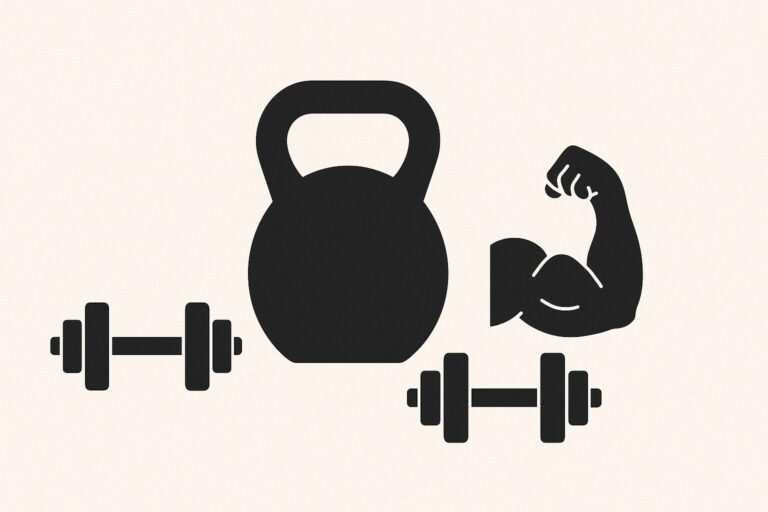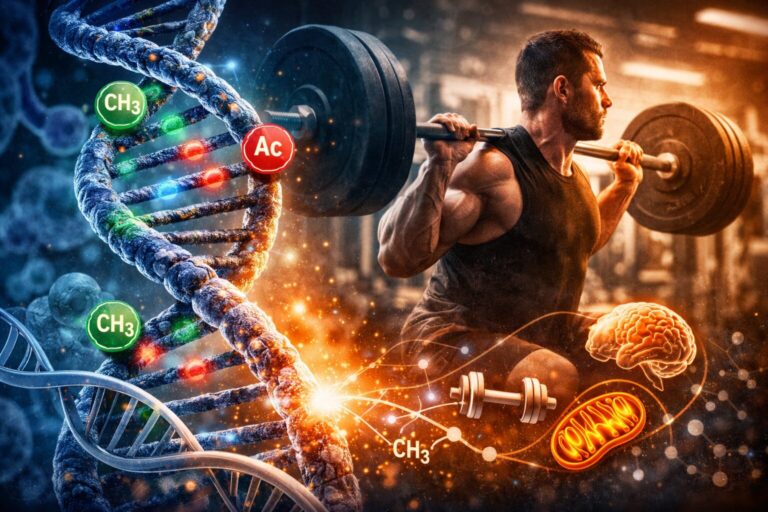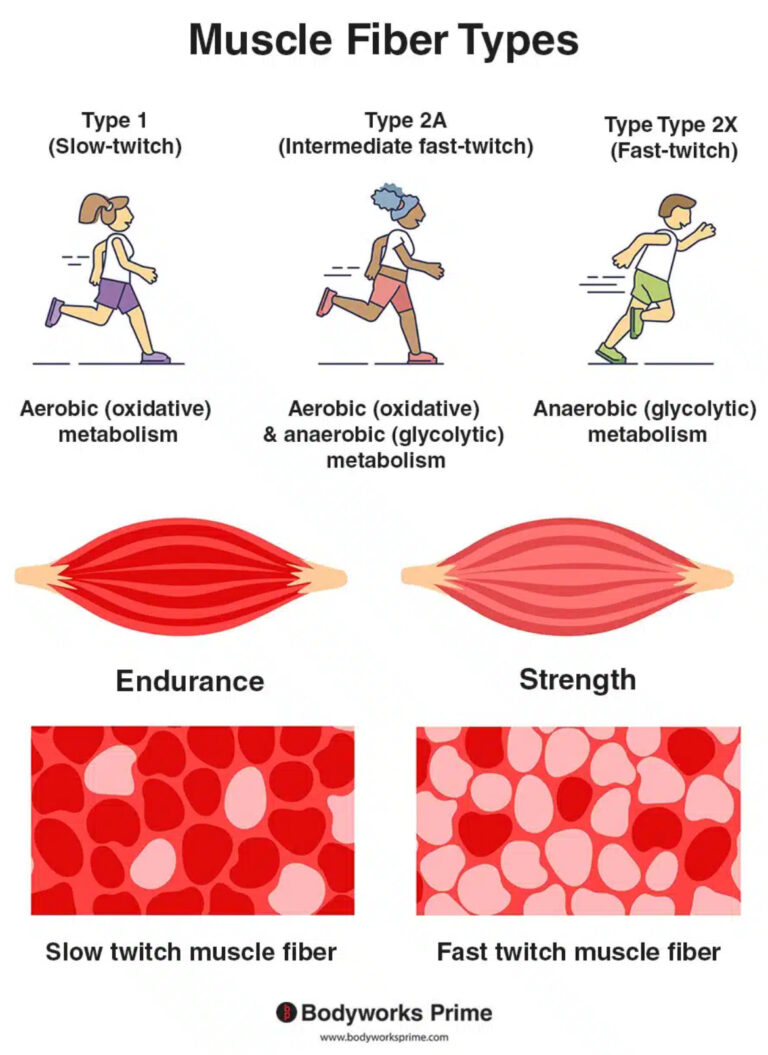
Sleep is one of the most underestimated elements of body transformation. In the world of fitness, people tend to obsess over training variables, supplements, and calorie counts, yet ignore one of the most fundamental physiological requirements for growth and repair: a good night’s sleep. What happens while you sleep is not passive recovery—it’s an active, highly regulated process that directly shapes your muscle growth, hormonal balance, and ability to burn fat efficiently.
During deep, non-REM sleep, your body enters a state of internal maintenance. This is when cellular repair accelerates, growth hormone surges, and muscle protein synthesis quietly resumes the work started in the gym hours earlier. Far from being idle, your muscles are engaged in a molecular conversation with hormones and enzymes, determining whether the nutrients you consumed will be used to build new tissue or stored as fat.

Sleep is divided into stages—light sleep, deep sleep, and REM—each playing distinct roles in physical and cognitive recovery. Deep slow-wave sleep is particularly important for athletes and physically active individuals. Research shows that this phase supports glycogen replenishment, muscle repair, and immune function (Dattilo et al., 2011). Meanwhile, REM sleep has more to do with brain recovery, coordination, and learning—functions that, in turn, improve motor performance and skill acquisition during training.
The relationship between sleep and muscle metabolism is bidirectional. Exercise quality affects sleep architecture, and sleep quality determines how well the body adapts to exercise. When sleep is shortened or fragmented, hormonal rhythms become disrupted. Cortisol levels rise, testosterone and growth hormone decline, and insulin sensitivity is impaired (Leproult & Van Cauter, 2011). These changes collectively shift the body’s balance from an anabolic to a catabolic state—favoring muscle breakdown over growth.
Studies have demonstrated that even short-term sleep restriction reduces muscle protein synthesis. In a controlled study, one night of total sleep deprivation reduced postprandial muscle protein synthesis by nearly 20% (Saner et al., 2020). Over time, such impairments accumulate, leading to slower gains, reduced recovery capacity, and greater fatigue during training sessions. The body simply loses its efficiency in using amino acids to rebuild muscle tissue.

Beyond its effects on muscle growth, sleep plays a powerful role in body composition. Poor sleep is consistently associated with increased fat mass and decreased lean mass (Knutson et al., 2007). In caloric deficit conditions, lack of sleep dramatically alters how the body prioritizes which tissue to burn. A landmark study found that participants who slept only 5.5 hours per night during a weight-loss program lost 55% less fat and 60% more muscle compared to those who slept 8.5 hours (Nedeltcheva et al., 2010). In other words, insufficient sleep makes dieting less efficient and more destructive to muscle tissue.
The reason for this is largely hormonal. During normal sleep, growth hormone is released in pulses, primarily during slow-wave phases. This hormone promotes fat mobilization (lipolysis) while stimulating protein synthesis in muscles. In contrast, sleep restriction blunts growth hormone release and elevates evening cortisol, leading to higher blood sugar and a greater tendency to store fat (Spiegel et al., 1999). Testosterone levels, which also peak during sleep, can decline by up to 10–15% after a single week of restricted rest (Leproult & Van Cauter, 2011).

Sleep also governs the way we feel hunger and satiety. The hormones leptin and ghrelin, which signal fullness and hunger respectively, are strongly influenced by sleep duration. When sleep is reduced, leptin decreases while ghrelin rises, making us hungrier and less satisfied after eating (Spiegel et al., 2004). Combined with the fatigue caused by poor sleep, this imbalance tends to increase cravings for calorie-dense, high-carbohydrate foods. The result is a double hit: increased caloric intake and decreased motivation for physical activity, both of which impede fat loss.
Moreover, insufficient sleep induces what scientists call anabolic resistance—a reduced ability of muscle tissue to respond to dietary protein and exercise stimuli. Even when protein intake is adequate, the machinery that triggers muscle protein synthesis becomes less responsive. This phenomenon has been linked to elevated inflammation, oxidative stress, and altered signaling through the mTOR pathway (Saner et al., 2020). In simple terms, the same training and nutrition plan produces smaller results when sleep is compromised.
From a metabolic standpoint, sleep interacts closely with the circadian rhythm—our internal biological clock that regulates hormone secretion, enzyme activity, and energy metabolism. Muscle tissue itself has its own “peripheral clock,” which aligns with the central clock in the brain under normal conditions. Irregular sleep schedules, late-night eating, or nighttime exposure to bright light can desynchronize these clocks, leading to impaired glucose metabolism and reduced anabolic signaling (Cedernaes et al., 2018). This explains why shift workers often struggle with body composition, even when calorie intake is controlled.
Beyond the biochemistry, sleep has direct behavioral effects. Poorly rested individuals report lower motivation to train, slower reaction times, and diminished strength. Sleep deprivation reduces peak power output, impairs coordination, and increases the risk of overuse injuries (Fullagar et al., 2015). These outcomes are not just due to fatigue—they reflect reduced central nervous system efficiency and slower recovery of neuromuscular pathways.
For those seeking fat loss, the message is equally clear: without proper sleep, the body becomes metabolically inflexible. It shifts toward conserving energy rather than expending it. Even moderate sleep restriction can lower resting metabolic rate and impair the ability to oxidize fat (Markwald et al., 2013). Fat loss then becomes a struggle not because of diet failure, but because the body’s hormonal environment resists it.
The connection between sleep and muscle isn’t merely about the number of hours spent in bed—it’s about the quality of those hours. Deep, uninterrupted sleep is what triggers the cascade of anabolic events: growth hormone release, tissue regeneration, glycogen replenishment, and immune recovery. Fragmented or light sleep, even if it lasts eight hours, does not produce the same benefits. Quality trumps quantity, though both are essential.
The practical implications are straightforward yet profound. If your training and nutrition are optimized but your sleep is inconsistent, your progress will plateau. Many athletes interpret fatigue, stagnation, or irritability as signs of overtraining or dietary error, when the root cause is often insufficient recovery at night. Sleep is not an optional variable—it is the master variable that determines whether your body adapts positively or regresses under stress.
Incorporating sleep hygiene into your training plan is therefore as essential as tracking macros or progressive overload. Keep a consistent bedtime and wake time, limit screen exposure an hour before sleep, and create a dark, cool environment. Avoid stimulants late in the day, and if necessary, include a pre-sleep protein source such as casein to support overnight muscle protein synthesis (Res et al., 2012).
For individuals under caloric restriction, sleep consistency becomes even more critical. Fat loss depends on maintaining an optimal hormonal balance, and even short disruptions can elevate cortisol, impair thyroid function, and reduce leptin sensitivity. Sleep, in this context, becomes a metabolic regulator—a hidden lever that makes your diet either effective or frustratingly stagnant.
Viewed from a broader perspective, sleep is the biological foundation upon which performance, aesthetics, and health are built. It is the invisible third pillar—alongside training and nutrition—that transforms physical effort into measurable results. Neglect it, and your body will eventually remind you that progress is not achieved through willpower alone but through harmony between exertion and restoration.
In a culture that glorifies productivity and “grind,” adequate sleep might seem like weakness. Yet, the science is unambiguous: sleep is where adaptation happens. It’s where the body decides whether your efforts in the gym translate into hypertrophy or stagnation, into fat burning or energy conservation. To train hard and eat right but sleep poorly is like planting seeds in barren soil—you can do everything else correctly, but growth will remain elusive.
In short: muscles are built when you sleep, not when you lift. Fat is burned when your hormones work in harmony, not when you deprive your body of rest. Sleep is not recovery—it’s strategy. And mastering it may be the most underrated performance enhancement you can ever implement.
References
- Cedernaes, J., Osler, M. E., Voisin, S., Broman, J. E., Vogel, H., Dickson, S. L., … & Benedict, C. (2018). Acute sleep loss induces tissue-specific epigenetic and transcriptional alterations to circadian clock genes in men. Journal of Clinical Endocrinology & Metabolism, 103(6), 2103-2113.
- Dattilo, M., Antunes, H. K. M., Medeiros, A., Mônico-Neto, M., Souza, H. S., Lee, K. S., & Tufik, S. (2011). Sleep and muscle recovery: Endocrinological and molecular basis for a new and promising hypothesis. Medical Hypotheses, 77(2), 220-222.
- Fullagar, H. H., Skorski, S., Duffield, R., Hammes, D., Coutts, A. J., & Meyer, T. (2015). Sleep and athletic performance: The effects of sleep loss on exercise performance, and physiological and cognitive responses to exercise. Sports Medicine, 45(2), 161-186.
- Kandel, E. R., Koester, J. D., Mack, S. H., & Siegelbaum, S. A. (2021). Principles of Neural Science (5th ed.). New York: McGraw-Hill Education.
- Knutson, K. L., Spiegel, K., Penev, P., & Van Cauter, E. (2007). The metabolic consequences of sleep deprivation. Sleep Medicine Reviews, 11(3), 163-178.
- Leproult, R., & Van Cauter, E. (2011). Effect of sleep loss on neuroendocrine signals and metabolism. Molecular and Cellular Endocrinology, 339(1-2), 10-16.
- Markwald, R. R., Melanson, E. L., Smith, M. R., Higgins, J., Perreault, L., Eckel, R. H., & Wright, K. P. (2013). Impact of insufficient sleep on total daily energy expenditure, food intake, and weight gain. Proceedings of the National Academy of Sciences, 110(14), 5695-5700.
- Nedeltcheva, A. V., Kilkus, J. M., Imperial, J., Schoeller, D. A., & Penev, P. D. (2010). Insufficient sleep undermines dietary efforts to reduce adiposity. Annals of internal medicine, 153(7), 435-441.
- Res, P. T., Groen, B., Pennings, B., Beelen, M., Wallis, G. A., Gijsen, A. P., & van Loon, L. J. C. (2012). Protein ingestion before sleep improves post-exercise overnight recovery. Medicine & Science in Sports & Exercise, 44(8), 1560-1569.
- Saner, N. J., Lee, M. J. C., Kuang, J., Pitchford, N. W., Roach, G. D., Garnham, A., … & Bartlett, J. D. (2020). The effect of sleep restriction on the human skeletal muscle transcriptome and endocrine system. FASEB Journal, 34(6), 7056-7068.
- Spiegel, K., Leproult, R., & Van Cauter, E. (1999). Impact of sleep debt on metabolic and endocrine function. The Lancet, 354(9188), 1435-1439.
- Spiegel, K., Tasali, E., Penev, P., & Van Cauter, E. (2004). Brief communication: Sleep curtailment in healthy young men is associated with decreased leptin levels, elevated ghrelin levels, and increased hunger and appetite. Annals of Internal Medicine, 141(11), 846-850.
Forge Your Mind. Build Your Biology.
Join the Forge Biology newsletter — where science meets strength.
Every week, you’ll get:
-
Evidence-based insights on training, performance, and recovery
-
Real analyses of supplements that work (and the ones that don’t)
-
Deep dives into hormones, nutrition, and human optimization
No fluff. No marketing hype. Just data-driven knowledge to build a stronger body — and a sharper mind.
Subscribe now and start mastering your biology.


